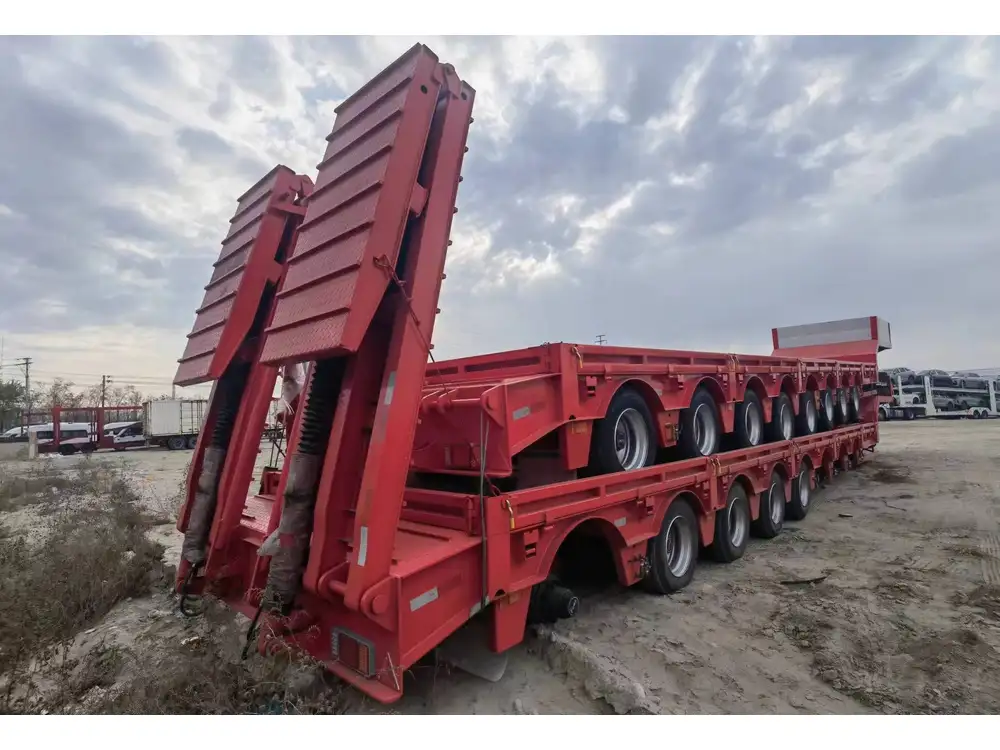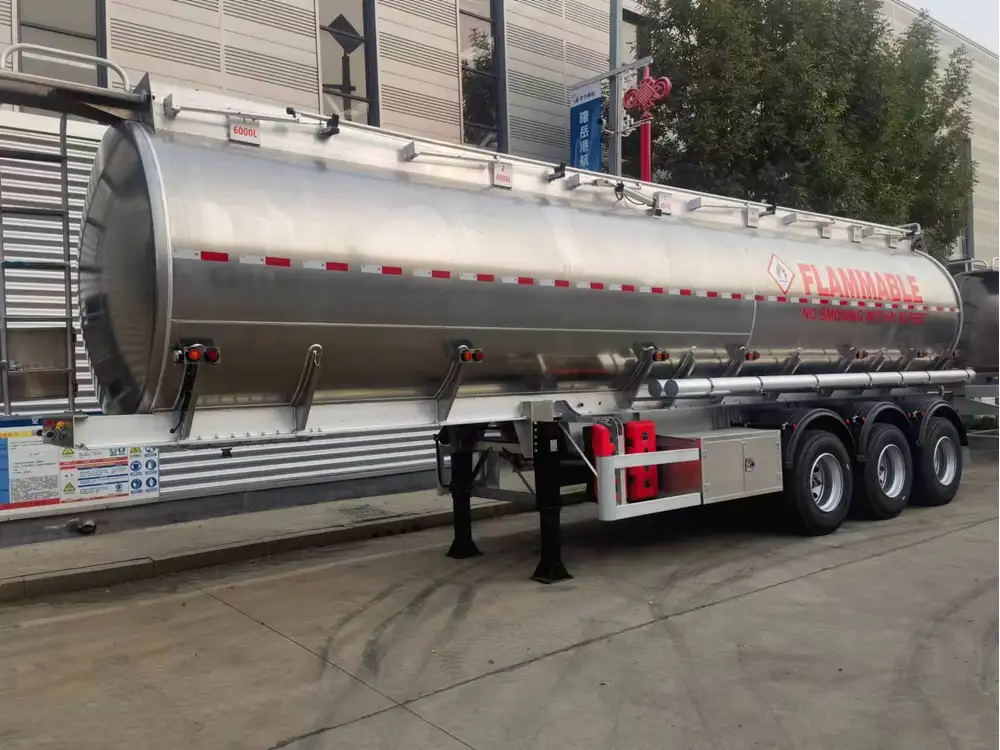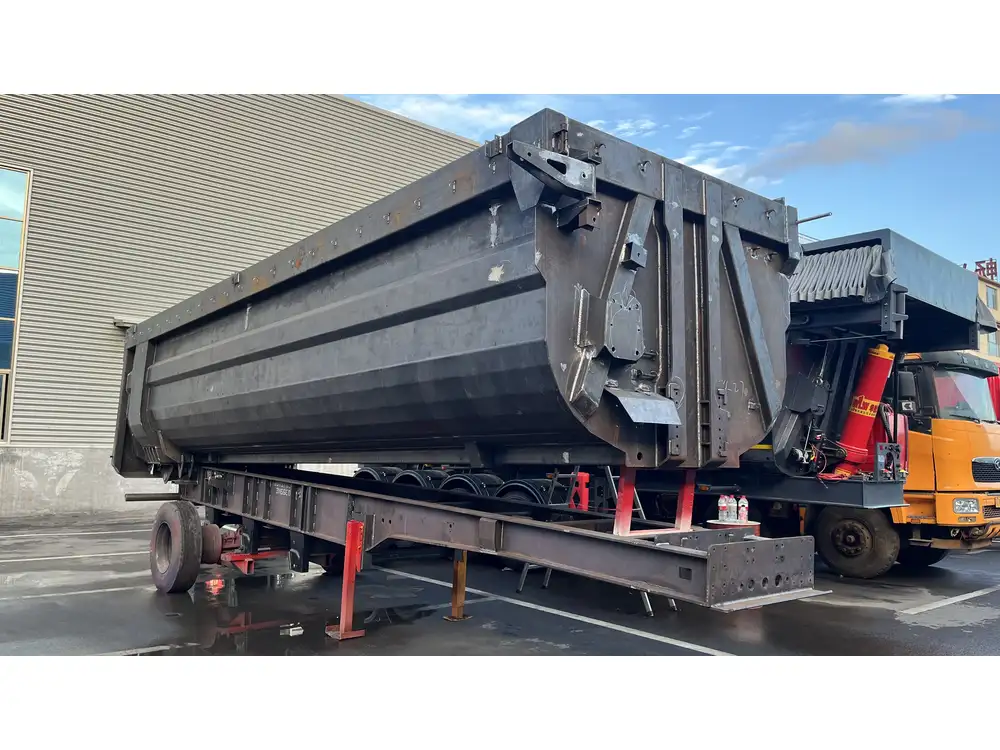Building a flatbed trailer is often essential for businesses that require reliable transportation solutions for heavy loads. The cost of constructing a flatbed trailer can vary significantly based on several factors such as design specifications, materials used, and additional features. Below, we will dissect the contributing elements to help you determine how much it costs to build a flatbed trailer, while also ensuring you receive valuable information that may facilitate your decision-making process.
1. Factors Influencing the Cost of a Flatbed Trailer
1.1 Material Selection
The choice of materials plays a pivotal role in determining the overall cost. Common materials include:
- Steel: Known for its strength and durability, steel is a popular choice for flatbed trailers. However, it tends to be heavier, which can further influence towing costs.
- Aluminum: Lightweight and resistant to corrosion, aluminum trailers often come at a higher initial cost but lead to savings in fuel efficiency.
- Composite Materials: An emerging choice, composites can provide excellent durability at a competitive price point, but their availability may vary.

Cost Comparison Table
| Material | Average Cost (Per Ton) | Pros | Cons |
|---|---|---|---|
| Steel | $700 – $1,000 | High strength, durability | Heavier, corrosion-prone |
| Aluminum | $1,800 – $2,500 | Lightweight, corrosion-resistant | Higher initial cost |
| Composite | $1,500 – $2,000 | Lightweight, good durability | Limited availability |
1.2 Trailer Dimensions
The size of the flatbed trailer greatly impacts the cost due to the required amount of material and structural support. Common sizes include:
- 20 feet: Suitable for small to medium loads.
- 40 feet: Designed for larger goods and industrial use.
- 53 feet: Standard for long-haul transport.
The larger the trailer, the more materials are needed, which can significantly increase costs.
1.3 Design Specifications
There are various design configurations that can be chosen depending on the specific load requirements:
- Single Axle vs. Tandem Axle: Single axle trailers can be less expensive; however, tandem axles offer better weight distribution and stability.
- Deck Height: A lower deck height can increase costs due to the complexity of engineering required for stability and strength.
- Customization: Custom features such as ramps, enclosed sides, or specialized hitch configurations will add to the overall cost.

1.4 Labor Costs
Labor plays a crucial role in the cost of constructing a flatbed trailer. Skilled laborers who specialize in welding and fabrication will command higher wages, thus adding to your overall expense. Depending on your location, labor costs can vary widely.
1.5 Location and Transportation
Where you build your trailer can also affect the cost. Building in an area with high property or labor rates will often yield higher prices. Furthermore, if you are importing materials or hiring labor from other locations, transportation fees should be factored in.
2. Typical Cost Estimates for Building a Flatbed Trailer

2.1 Base Costs
Below is a rough estimate of costs typically associated with constructing a flatbed trailer based on size:
- 20-foot Steel Trailer: $3,500 – $7,000
- 40-foot Steel Trailer: $7,000 – $12,000
- 53-foot Steel Trailer: $10,000 – $15,000
- 20-foot Aluminum Trailer: $6,000 – $10,000
- 40-foot Aluminum Trailer: $10,000 – $15,000
- 53-foot Aluminum Trailer: $15,000 – $25,000
These cost ranges can vary significantly based on the factors discussed previously.
2.2 Additional Costs
Besides basic construction costs, several additional expenses should be anticipated:
- Registration and Licensing Fees: Depending on local laws, fees for registration can range from $100 to $300.
- Insurance: Annual insurance premiums typically run between $500 and $1,500, depending on the coverage required.
- Maintenance: Regular upkeep is necessary, with annual maintenance estimated at $300 to $1,000 depending on usage.
2.3 Total Investment Calculation
| Item | Estimated Costs |
|---|---|
| Base Trailer Cost | $5,000 – $15,000 |
| Registration Fees | $100 – $300 |
| Insurance | $500 – $1,500 |
| Annual Maintenance | $300 – $1,000 |
| Total | $5,900 – $17,800 |

3. Evaluating Your Needs: Is Building Worth It?
3.1 Pros of Custom-Building a Trailer
- Tailored Specifications: You can design according to your specific business needs, ensuring optimal productivity.
- Quality Control: Directly oversee the construction process to ensure high standards.
- Long-term Cost Savings: A trailer designed for your requirements often results in fewer maintenance issues.
3.2 Cons of Custom-Building a Trailer
- Higher Initial Costs: Custom builds are typically more expensive upfront.
- Time Investment: Depending on material availability, lead times can extend considerably.
- Expertise Required: Construction requires skilled labor which may not always be available.

4. Funding Options for Trailer Construction
Securing funding for your trailer project may be necessary, especially if costs exceed initial budgets. Consider the following options:
4.1 Personal Savings
Using personal funds avoids debt, but may limit capital for other essential business needs.
4.2 Bank Loans
Traditional financing solutions can be secured, but interest rates and repayment terms must be carefully evaluated.

4.3 Grants and Subsidies
Look for state or federal programs designed to support manufacturers. Researching local business grants may yield financial assistance.
4.4 Leasing Options
Leasing allows the use of a flatbed trailer without the upfront costs, but owning can be more cost-effective over time.
5. Conclusion: Making the Informed Decision
Understanding how much it costs to build a flatbed trailer hinges on multiple factors—from materials and design specifications to local labor costs. By breaking down these elements and considering the pros and cons of building versus buying, businesses can make informed decisions that align with their goals and budgets.
Engaging with reputable manufacturers to seek customized solutions while comparing costs of ready-made options can also yield favorable outcomes. Ultimately, the decision should reflect not only immediate financial constraints but also long-term operational needs and sustainability.
If you feel overwhelmed, it could be beneficial to consult with experts in the industry to guide you through the myriad of choices available. Establishing a clear vision of your trailer requirements will help you navigate the intricate landscape of flatbed trailer construction effectively.



